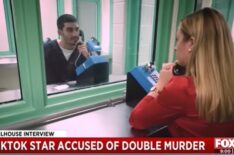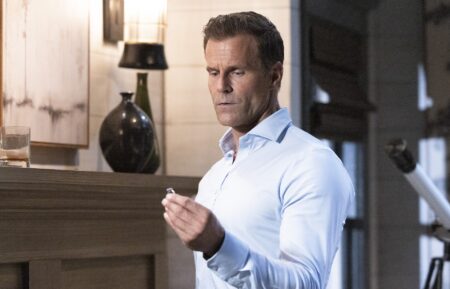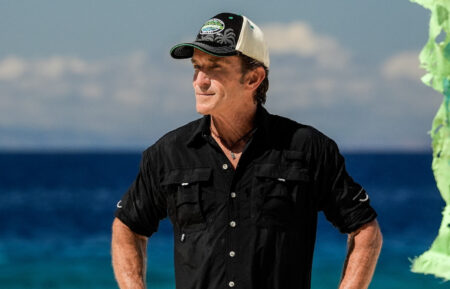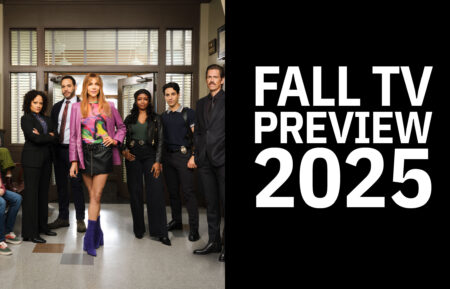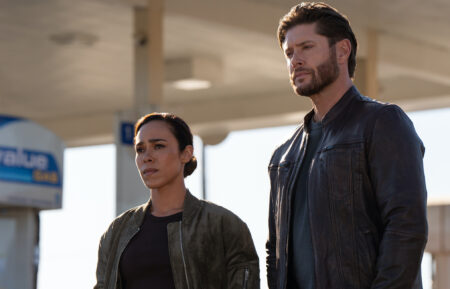‘Cowboy Cartel’ Bosses on How Mexican Drug Gang Used Horse Racing to Launder Money
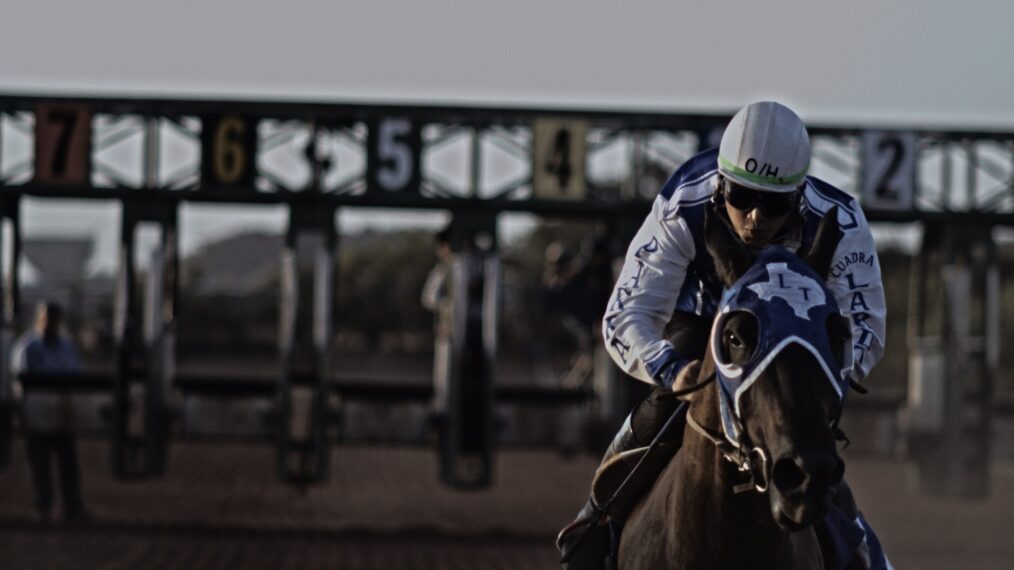
Q&A
Beneath the veil of quarter horse racing was a multi-million dollar money laundering operation run by the notorious Mexican drug cartel Los Zetas. The incredible true story of how rookie FBI agent Scott Lawson led an investigation that took them down is the subject of a new four-part docuseries from Apple TV+ called Cowboy Cartel.
Fresh off his graduation, Lawson found himself in a high-level case with high stakes including lives on the line. He worked tirelessly tracking the racehorse transactions within the United States starting in Loredo and infiltrating the Los Zetas. One false move could have had tragic consequences. The doc sees Lawson reflect on his experience as the case began to break open when farm owner José Treviño Morales sent red flags in 2011 with million-dollar winnings and big bids at horse auctions. Brother of ruthless Zetas leader Miguel Ángel Treviño Morales and Oscar Omar Treviño Morales.
Others featured include IRS agent Steve Pennington; Irving police officers Steve Junker, Brian Schutt, and Kim Williams and Assistant United States Attorney Doug Gardner. Those who also followed the story and made Pulitzer Prize-winning New York Times journalist Ginger Thompson; and Joe Tone, the author of “Bones: Brothers, Horses, Cartels, and the Borderland Dream.”
Ahead of the premiere, we sat down with directors and executive producers Dan Johnstone and Castor Fernandez on the making of the doc.
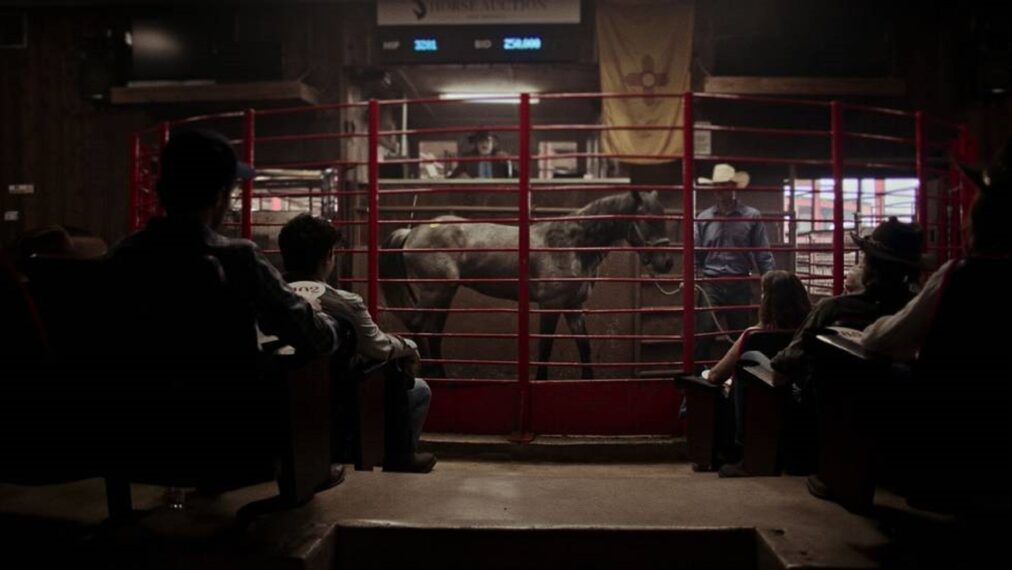
Apple TV+
At one point Channing Tatum was tapped to play Scott in a movie adaption about this story and the book “Bloodlines,” but it’s quite captivating to see it told here by the people who lived it. How did the idea come together that this would be a documentary?
Castor Fernandez: The origin story of this project was around 2017. I was directing a documentary on thoroughbred horseracing (Dark Horses), the 1989 Triple Crown. A friend of mine saw that film and recommended I look into this story. The two books are written about it “Bones” and Bloodlines. I had known Dan for a decade at this point. We’ve worked together on different projects and remained close friends. He finished a project called American Cartel. I brought the story to Dan, and Dan and Breaklight. They loved it. It felt like a no-brainer. You rarely see this type of entry point into a story like this. We were excited to take a stab at it and excited the way it came out.
Dan Johnstone: The documentary lens is how we view a lot of stories. The idea of making a four-point docuseries allows us to get into the depth of it because it gets pretty complex.
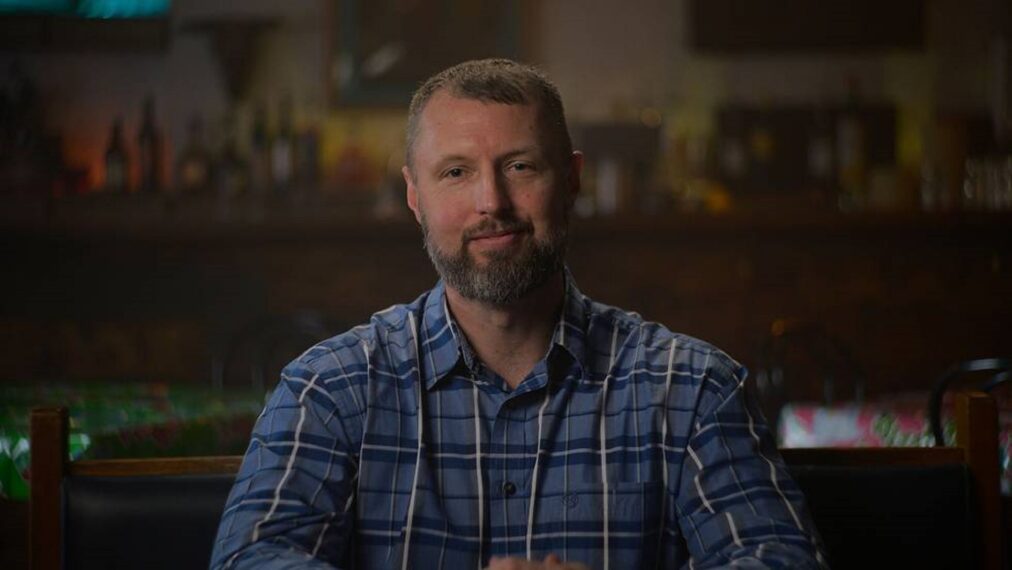
Scott Lawson/Apple TV+
Scott’s story is woven throughout. Did it take convincing for him to be a part of this project?
Castor: I think part of what made this successful series is the buy-in we got from Scott and the other agents. We had a really exciting meeting in Austin a year after we were developing this project where the IRS, the DEA, and FBI were all sitting there. That was our opportunity to sit in a conference room and very carefully tell them what we had in mind. It was probably about an hour pretending not to sweat because there were some really heavy hitters. By the time we were done, they didn’t have a lot of questions for us. I think we got a lot of buy-in from them with why we wanted to tell their side on camera. The way they experience it.
Dan: We had a lot of trust with the people we were telling the story about. We went straight to the FBI, Scott, and it just grew organically from there. As always, filmmakers you want to get as close to the story as you can get. Here we were inside the story because of the nature of it. This is a dangerous organization so there were a couple of agents who gave us their full blessing but stayed back into the shadows. They still live in these areas and are still involved in these situations. Scott is still an active FBI agent. It organically grew out of the trust.
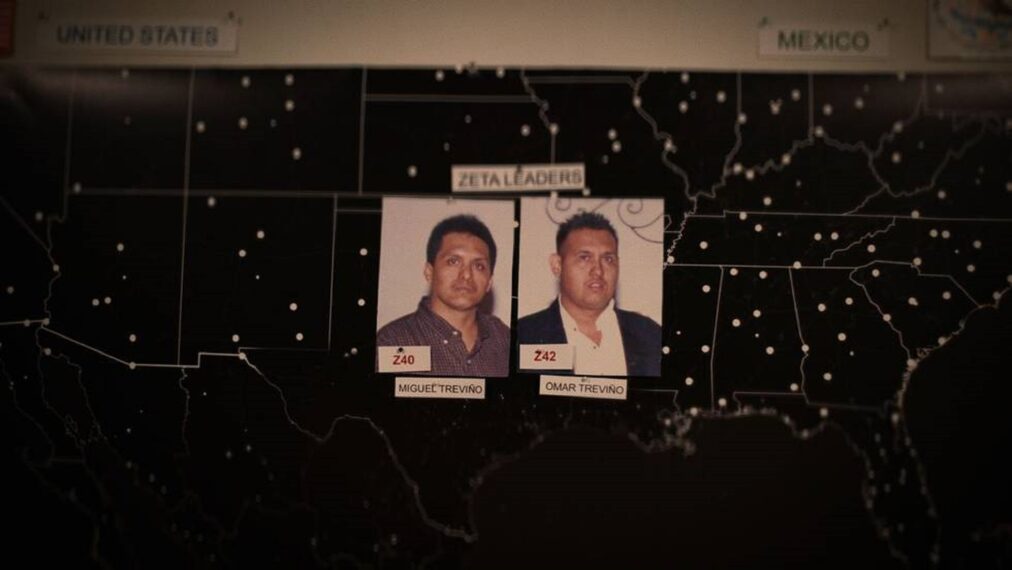
Apple TV+
When you look at who was involved in this investigation, and it’s this motley crew of personalities. It’s a very serious subject, there is almost a levity shown given some of this cast of characters.
Dan: I think we can all say the man with the hair [Steve Penntgton] is the one who takes the cake. When you’re dealing with really hard subject matter, there is a bond and comradery we just fed off. We laugh when we can laugh and get to the personalities and how they keep going and doing this job. Trust is the most important thing in telling these stories
Castor; I think we did a great job balancing our speakers, the interviewees as agents, and people. That’s what we wanted to show rather than just federal agents or suits but actual people who signed up to do this with real worries and concerns and real emotions. I think levity is one you want to sprinkle in when you can.
What stuck out to you as you delved deeper into this investigation?
Dan: I think it goes back to why we wanted to tell the story in the first place. We didn’t want to make a story about the violence. Everyone knows about the violence. Everyone is scared by it. It is a horrible tool of power and influence. We saw something bigger here. I think the shocking part is what drove us into it. There is a story of power, money, and influence…Steve Pennington in the documentary said it best. These folks pay very smart people to do smart things for nefarious means. That’s eye-opening. Castor always brings up thinking about this as you would a Fortune 500. Don’t think about them as thugs. That is the point that makes you sit back and second-guess what you see.
Casator: Steve would say they are in the drug-dealing business because it generates them the greatest margins. But they run the organization like you would a Fortune 500 company except the product they are selling is very dangerous and very illegal. They are looking at it as the bottom line. I thought like Dan always says violence is a distraction. And in a space that has been covered for so long, it’s always exciting to find a unique entry point like this where you start off thinking, “Is that true?” And you end up after four hours having a really good understanding of what the end goal is for these organizations.
Dan: In the doc it’s not just drugs. They are in our business. That was what was so profound about this group is they decided to have their hand in every single exchange of money and everything all over. That’s something.
Also, it’s a series of things happening where if one part doesn’t happen, the next thing won’t happen. It’s a domino effect. All these people involved in the investigation played an important puzzle piece. Scott is the focal point, but everyone else falls into place and has a role.
Dan: The IRS has to make these tax returns exciting to a jury, which is no mean feat. Castor made a great point. Pennington turns ones and o’s into oo’s and ah’s. I think in a lot of ways the violence can be numbing and money laundering can be a complex thing, but when you have the people in involved in it and put them in this space. You can’t help but hear exciting stories. Then all of a sudden you’re really intrigued by money laundering and maybe some phrases you may not be using in the financial space. That was always exciting for us.
What were the biggest challenges you incurred making this?
Dan: It’s that some people still work in these areas and hotbeds and have to protect themselves. Truly, once we talked to Scott, that footage from Scott during his graduation footage in the FBI. those are gold to a filmmaker to have that filmmaker. He would tell us a story and then we saw the video and it was the exact way he told it, which was always a good thing you’re not being tricked. We didn’t have any red tape. We wanted to tell this story. They wanted the story to be told. For the people who wanted to remain anonymous, we had to give them this grace.
Castor: We were blessed with this project. In terms of participation and personalities and people involved. Everyone was very open. We played it true to them. I think everyone who participated will be happy with the representation of this story that we put together.
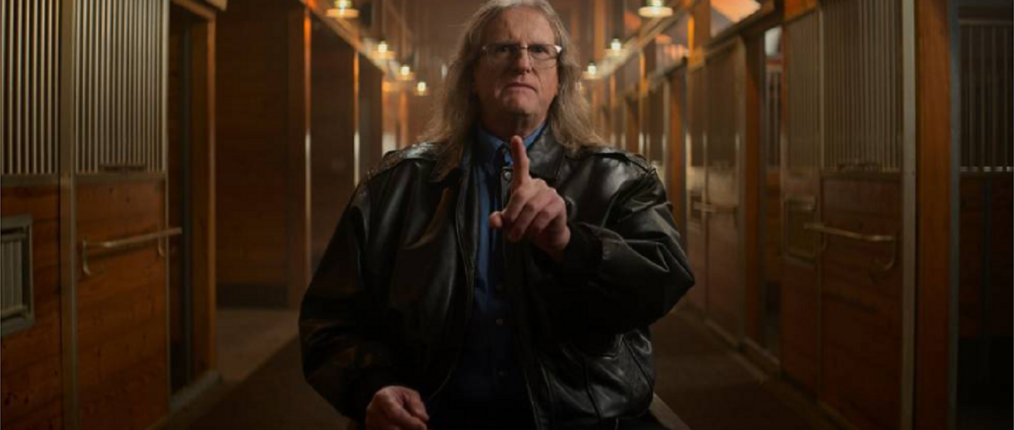
Steve Pennington/Apple TV+
Was there worry that when this comes out they’d be targeted?
Dan: We’re not the brave ones. They’re the brave ones, for sure. They are the ones who are saying, “We want to tell this story.” That’s what joined us together. We wanted to deepen the conversation and show another side of things. Every single person that got into law enforcement because they wanted to make a difference. It’s hard to make a difference when the conversation is guided by violence. That is them stepping forward and saying, “I’ve lived in this world and worked in this world and think it’s worth telling, and we trust you to amplify this voice to tell this story. Yeah, they are a deadly organization. They mutated into other deadly organizations. We are aware of that. We always have to be aware of that. But we are generating trust with people telling the story. If they are willing to tell it, we want to honor that in the best way.
This can certainly generate some conversation. Some hot topics like protecting our borders, money laundering, narcos, and how this happened. What do you want viewers to think about before watching and walk away with after?
Dan: We didn’t want to make a movie about the border. It’s not about the border. This is about power, money, and influence. Scott was based in Laredo, but the story comes up in Dallas, Austin, into the country. Let’s deepen the conversation. Let’s not be swirled by the political debate because that debate will be there. Let’s get into the power, and characters and see what these people are up against, drawing to the communities that continue living around in these communities. Some of the voices we have in there whether it’s Ginger Thompson or authors of book. We want to drive people to read their stories. I think it’s what the agents and officers want to do. There is a bigger story here that is much more complex.
Cowboy Cartel premiere, August 2, Apple TV+

